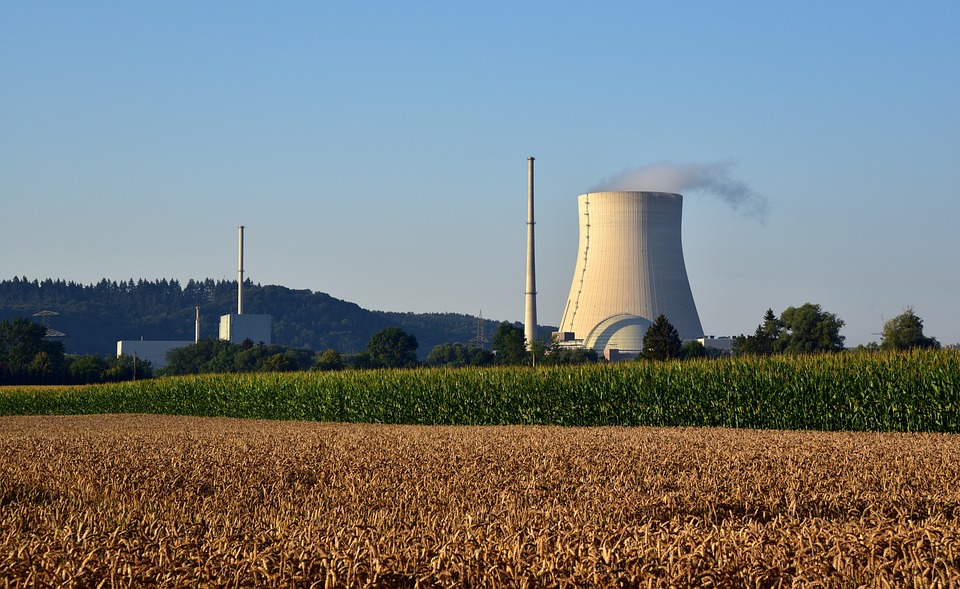Nuclear Energy and Climate Change: A Sustainable Solution?
As the world faces the growing threat of climate change, the need for sustainable energy sources has become increasingly urgent. While renewable energy sources like wind and solar power are important components of a low-carbon future, nuclear energy has often been overlooked as a viable solution. Despite its controversial reputation, nuclear energy could play a key role in mitigating climate change and reducing dependence on fossil fuels.
The Role of Nuclear Energy in Fighting Climate Change
Nuclear energy is a low-carbon energy source that produces electricity by harnessing the energy released from nuclear reactions. Unlike fossil fuels, nuclear power does not produce greenhouse gas emissions like carbon dioxide, making it a cleaner alternative for electricity generation. In fact, nuclear power plants have a significantly smaller carbon footprint than coal or natural gas plants, making them an important tool in reducing overall greenhouse gas emissions.
According to the International Atomic Energy Agency, nuclear power currently provides about 10% of the world’s electricity, and plays a crucial role in decarbonizing the global energy sector. In countries like France and Sweden, where a significant portion of electricity comes from nuclear power, carbon emissions are much lower compared to countries that rely heavily on coal and natural gas.
The Challenges of Nuclear Energy
Despite its potential benefits, nuclear energy also presents several challenges that have hindered its widespread adoption. One of the main concerns is the issue of nuclear waste management, as nuclear power plants produce radioactive waste that must be stored safely for thousands of years. Additionally, the risk of nuclear accidents, such as the Chernobyl and Fukushima disasters, has raised questions about the safety of nuclear power plants.
Furthermore, the high upfront costs of building and operating nuclear power plants have made nuclear energy less economically competitive compared to other energy sources. The lengthy permitting and approval process for new nuclear projects also adds to the financial burden of nuclear energy development.
The Future of Nuclear Energy
Despite these challenges, many experts believe that nuclear energy has a crucial role to play in the fight against climate change. Advancements in nuclear technology, such as smaller modular reactors and advanced fuel cycles, could help address some of the issues facing the nuclear industry. These new technologies have the potential to improve safety, reduce nuclear waste, and lower costs, making nuclear energy a more attractive option for countries looking to reduce their carbon emissions.
Some countries, like China and India, are investing heavily in nuclear energy as part of their efforts to transition to a low-carbon economy. By expanding their nuclear power capacity, these countries are able to reduce their reliance on coal and other fossil fuels, which are major contributors to climate change.
The Importance of Nuclear Energy in a Sustainable Energy Mix
While renewable energy sources like wind and solar power are essential for reducing carbon emissions, they are not without their limitations. Both wind and solar power are intermittent energy sources, meaning they are dependent on weather conditions and time of day. Nuclear power, on the other hand, provides a reliable baseload source of electricity that can complement the variability of renewable energy sources.
By diversifying the energy mix with nuclear power, countries can ensure a more stable and resilient grid that can meet the demands of a growing population. Nuclear energy also has the potential to replace aging coal and natural gas plants, which would help reduce emissions and improve air quality in communities near these facilities.
Conclusion
In conclusion, nuclear energy has the potential to be a sustainable solution to climate change and a key player in the transition to a low-carbon economy. While there are challenges and concerns associated with nuclear power, advancements in technology and safety measures are making nuclear energy a safer and more viable option for electricity generation.
By including nuclear energy in a diverse energy mix that includes renewables, countries can reduce their carbon emissions and accelerate the transition to a more sustainable future. With the threat of climate change looming large, it is important to consider all available options for reducing greenhouse gas emissions and securing a clean energy future for generations to come.
